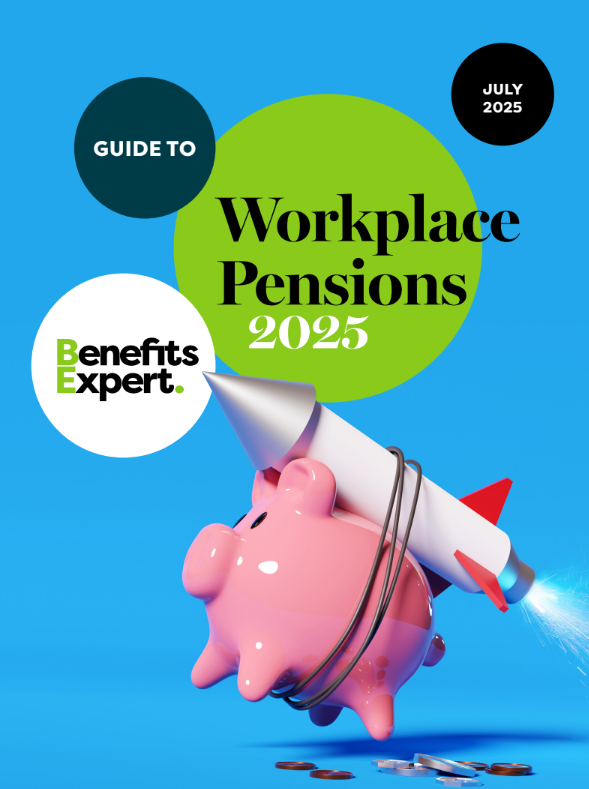The gender pay gap among FTSE 100 board directors narrowed last year, according to recent research by Fox & Partners, the employment law firm.
However, while progress is evident, the gap remains substantial — highlighting the need for continued action in this area.
In 2022, the average pay for women board directors increased by 26 per cent, reaching £309,000, compared to £245,525 in 2021.
Meanwhile, their male counterparts experienced an 11 per cent pay increase, averaging £1.04 million in 2022, up from £935,235 in the previous year.
This shift resulted in a reduction of the gender pay gap from 74 per cent in 2021 to 70 per cent in 2022.
Despite this positive trend, significant disparities persist. Fox & Parnters partner Catriona Watt highlights a key factor contributing to this persistent pay gap – the fact most female board directors hold non-executive roles — which typically offer lower compensation.
Its figures show that 91 per cent of the 426 female directors at FTSE 100 companies were in non-executive positions.
In terms of compensation, female executive directors earned an average of £2.4 million, more than 20 times the average pay of female non-executive directors (£118,738). Similarly, male executive directors received an average of £3.3 million, 38 per cent more than their female counterparts, while male non-executives earned 52 per cent more than female non-executives.
Watt says that substantial change requires continued investment in programs that prepare women for senior executive positions. This includes providing access to projects that enhance their experience, addressing potential skill gaps, and promoting transparency regarding promotion requirements and career progression.
She says corporate organisations need to consider their culture, focusing on diversity and inclusion. Messages supporting such a culture should emanate from leadership, and internal policies, including those related to family and flexible working, should align with the company’s diversity goals.
Examining data related to gender disparities within businesses, pinpointing reasons for declines in women’s leadership positions, and identifying systemic issues are crucial steps toward progress. Providing women with networking, mentoring, and championing opportunities and regularly reviewing work allocation to support their advancement to senior positions can also facilitate change.
Watt suggests the appointment of a board member responsible for advancing women’s opportunities within the organisation, prioritising this issue and addressing barriers to progression. Setting targets for senior leaders to promote female opportunities can incentivise change she says, enabling women to succeed in the highest positions within firms.













